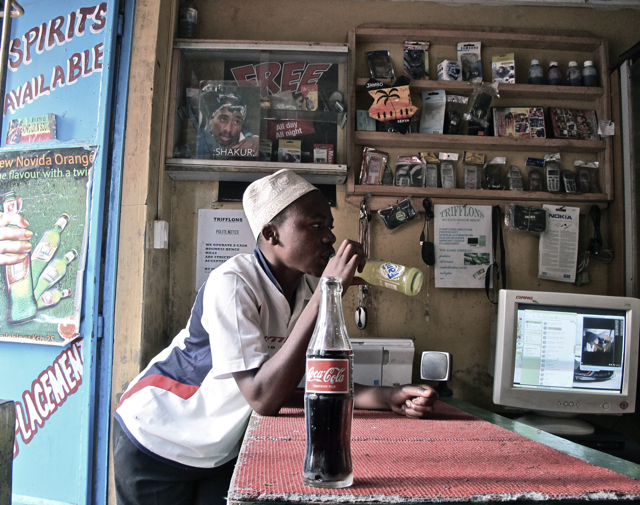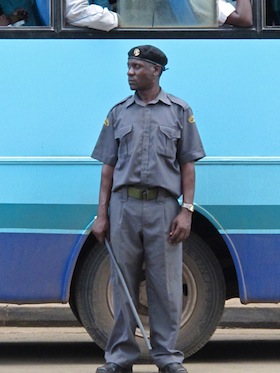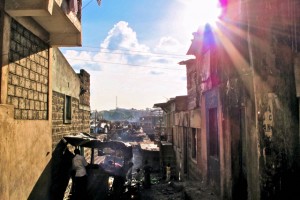I’M WEAVING THROUGH the mass of downtown commuters, en route to a meeting, when a thin and destitute-looking man approaches me. He says hello and asks where I’m from.
“Canada,” I tell him abruptly without slowing my pace.
“Yes, Mr. Stephen Harper, can you spare some change for bread?” he asks.


